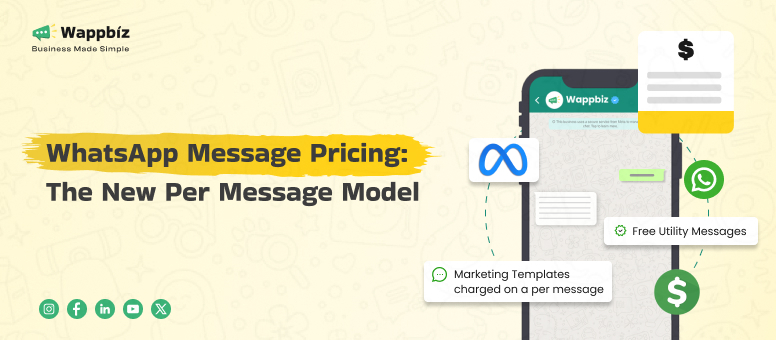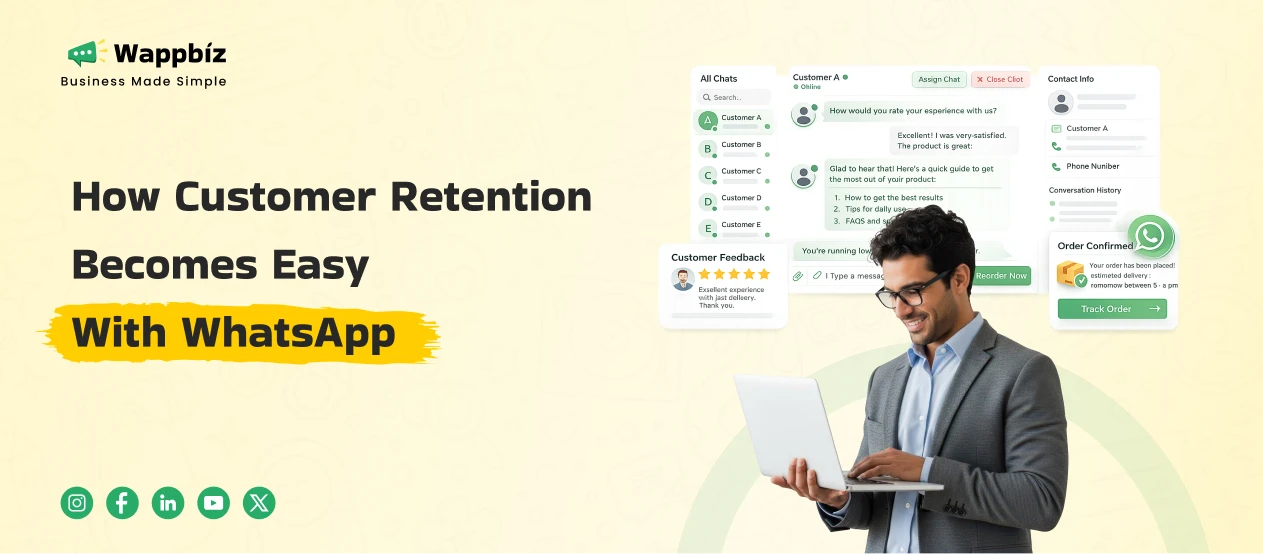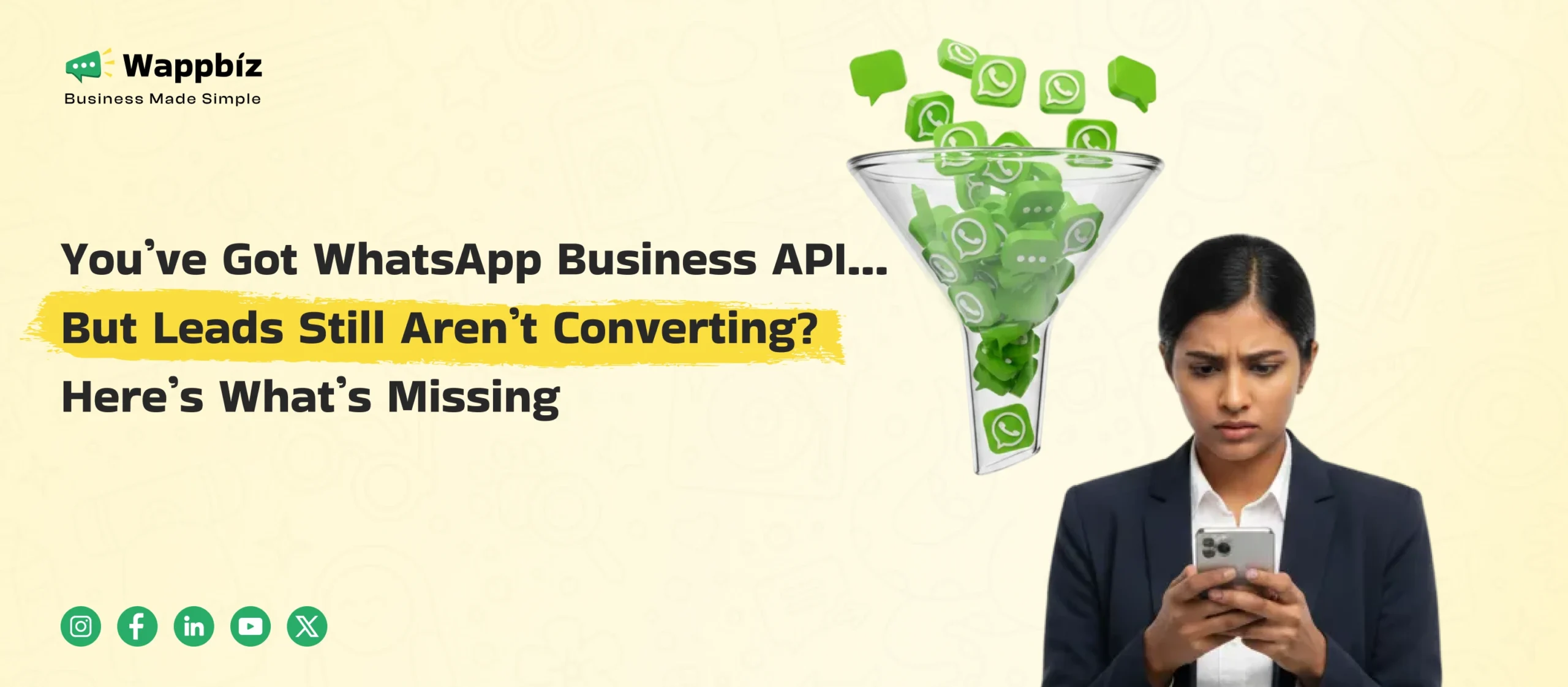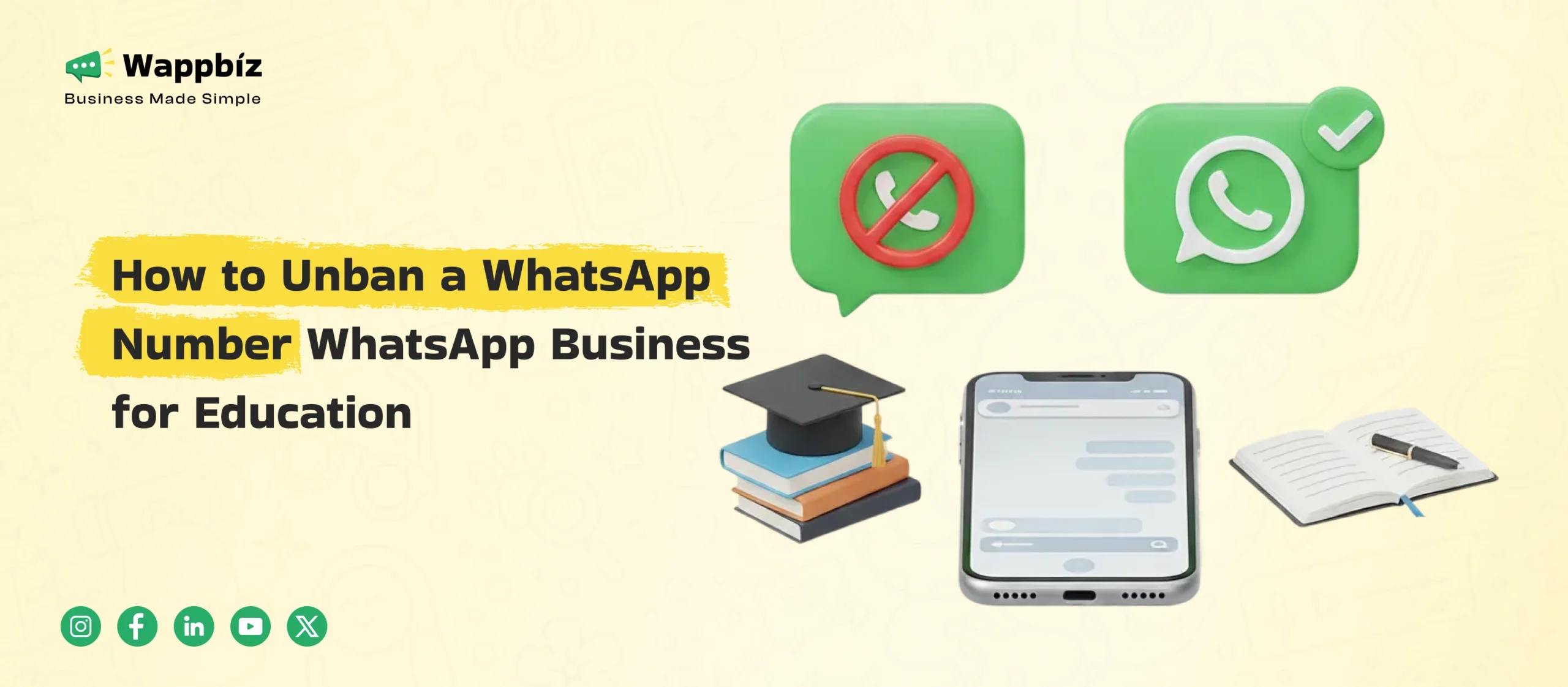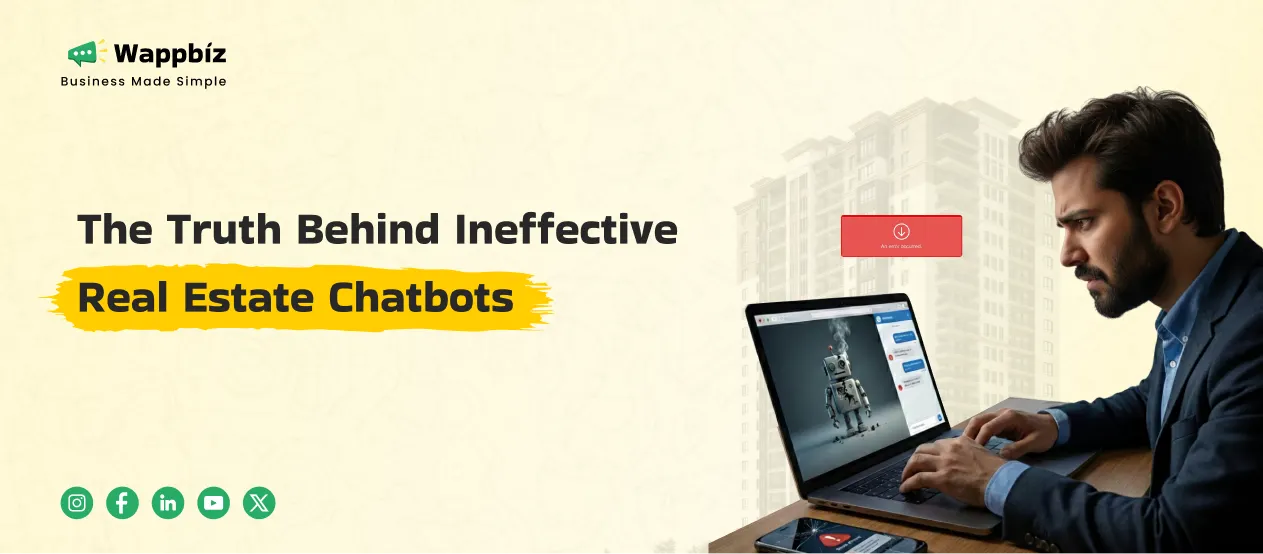In the digital world we live in, businesses are increasingly choosing messaging apps for their customer engagement, and one of the most widely adopted is WhatsApp Business API. Meta’s new WhatsApp API pricing model, effective from July 1, 2025, is set to change the way businesses are charged for their messaging services. In this blog, we’ll break down the WhatsApp Business API pricing with a specific focus on the WhatsApp Business API pricing in India and help you understand the way the new pricing will work.
What’s New with WhatsApp API Pricing?
The most significant difference in the pricing of WhatsApp messages is that it has switched from per-conversation pricing model to per-message pricing model. From 1 July 2025, charges will be based on businesses paying per marketing message, rather than for a 24-hour conversation window.
Here’s what’s changing:
- Marketing Messages: You will be charged on a per message. Marketing messages comprise of promotional stuff – sales, offers, product updates etc., sent out by the business on its own for the purpose of marketing.
- Utility Messages: These will remain free within the service window. Utility messages include transactional messages, like order confirmation, shipping detail, and OTP (One Time Password) message. As long as these messages are being sent within the 24-hour customer service window, they will be free.
However, after the 24-hour window expires, utility messages will be charged just like any other regular message.
Breaking Down WhatsApp Message Pricing
1. Pay-per-Message Pricing
With the new model, WhatsApp Business API pricing will depend on the type of message being sent. The key categories of messages are:
- Marketing Messages: These include any promotional communication such as sales or product updates. Marketing messages are charged per message.
- Utility Messages: These are transactional messages like order updates, shipping notifications, and OTPs. These messages will be free within the 24-hour window, but after this period, they will incur charges.
- Authentication Messages: These messages are used for user verification, such as sending OTPs. These will be priced based on the volume of messages sent.
Each of these message categories is priced differently, depending on the recipient’s country code.
2. Free Responses Within the Customer Service Window (Improved!)
So even if businesses now have to pay for each message sent, they’re still getting the service window to handle customer queries. This window enables businesses to respond to customers free of charge with:
- Free-form messages (such as text or bot replies)
- Utility template messages
But, you still get charged for marketing messages inside this window. So, if you are sending a marketing message, and even if the person was messaging you first, this is counts as part of the serviceik window, you are paying for that message.

3. Free Entry Points via Ads
Businesses have 72 hours of a free-messaging window once a customer contacts them through Click-to-WhatsApp ads or a Facebook Page button. During these 24 hours, businesses can send free template messages, with the first response needing to be a free-form message in order to keep it free.
WhatsApp Business API Price in India
For businesses in India, WhatsApp Business API pricing is designed to be competitive, ensuring that local businesses can engage with their customers at affordable rates. The shift to pay-per-message pricing will still allow businesses to manage costs effectively, especially if they are using utility messages like OTPs or transactional updates.
Businesses will also benefit from the volume-based pricing discounts for utility and authentication messages, ensuring that higher message volumes lead to better rates.
WhatsApp Messaging Cost Breakdown
In summary, the WhatsApp messaging cost breakdown will include the following:
- Marketing Messages: Charged per message.
- Utility Messages: Free within the 24-hour window, but charged after 24 hours.
- Authentication Messages: Typically cost less than marketing messages.
- Free-form Responses: Free within the 24-hour window.
- Free Entry Points: 72-hour free messaging window when messaging via ads or Facebook Page CTA buttons.
This flexible pricing structure ensures that businesses only pay for the messages they send, while still benefiting from free windows for customer service and promotional efforts.
Conclusion
Meta’s changes to WhatsApp Business API pricing offer businesses more flexibility in how they manage their messaging costs. By understanding the WhatsApp messaging cost breakdown and leveraging the free windows for customer service and promotional outreach, businesses can reduce their overall messaging expenses. Whether you’re in India or elsewhere, these updates will help you deliver better, more cost-effective customer interactions through WhatsApp.
Understanding WhatsApp API pricing is essential for businesses looking to use WhatsApp as a key communication tool. By strategically using the messaging options available, businesses can continue to engage with customers effectively while managing their costs.

FAQ’s
How will the new WhatsApp per-message pricing affect my business costs?
The new per-message pricing will charge businesses for each message, potentially increasing costs, especially for marketing messages.
Will utility messages remain cost-effective for my customer updates?
Yes, utility messages remain cost-effective as they are free within the 24-hour window but will be charged after the window expires.
How might the increased costs influence my marketing campaign strategies?
Increased costs for marketing messages may encourage businesses to focus on targeted, high-quality communications to optimize ROI.
How can I ensure my templates stay compliant with new rules?
Ensure templates meet WhatsApp’s new guidelines, focusing on clarity and relevance, and regularly update them to stay compliant.

